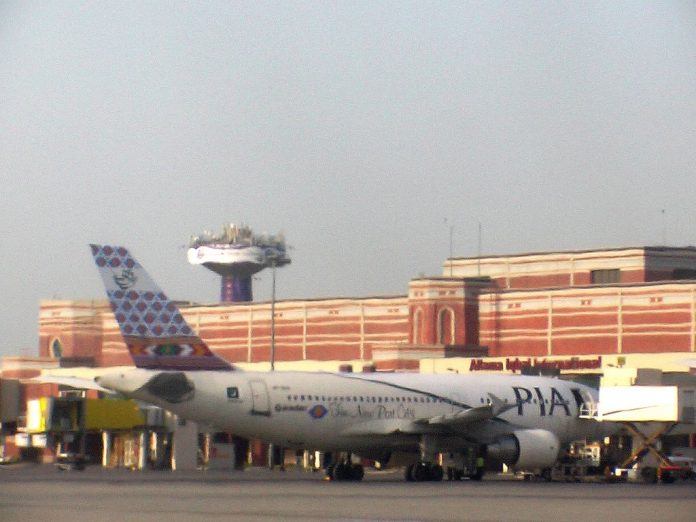FAISALABAD: A new civilian airport is imperative to cater to the future needs of Faisalabad and the incumbent government should immediately approve the project on an emergency basis, said Engineer Muhammad Saeed Sheikh, president of the Faisalabad Chamber of Commerce and Industry (FCCI).
In a statement issued on Sunday, he said that Faisalabad is one of the most important industrial, business and commercial hub of the country. It is exporting textile products worth $6 billion, which are 55 per cent of the total textile exports of Pakistan.
He said that increase in textile volume had paved the way for export of other non-traditional items which would increase manifold after the completion of China-Pakistan Economic Corridor (CPEC) project.
Similarly, presently our textile export is restricted to cotton, fabrics, knitwear bed-sheets and home textiles, but we are expecting that Pakistan would start export of technical textile products within the next couple of years.
He said that Pakistani exporters are regularly visiting different countries of the world. Similarly, a sizeable increase in air cargo is also expected with an increase in the export volume. Moreover, the expatriates working in different countries are also regularly visiting Faisalabad airport.
He said that during 2016-17 approximately 299,296 passengers used Faisalabad airport. It is quite insufficient to accommodate further passenger load whereas it is expected to jump to 5 lakh within the next 2-3 years.
Engineer Muhammad Saeed Sheikh further told that the runway of the existing Faisalabad airport is insufficient to accommodate the landing of wide-bodied aeroplanes. Similarly, there is no arrangement for the parking of more than 2, 3 aeroplanes at a time.
Regarding air cargo, he said that the PIA, Emirates, Gulf Air, Ittihad, Oman Air, Turkish Air and Saudi Airlines are managing a total of 25 flights a week with hardly 40 tonnes of cargo capacity. He said that increase in export activity would also help these airlines to increase their cargo capacity, which is now 8,320 tonnes per annum only.




